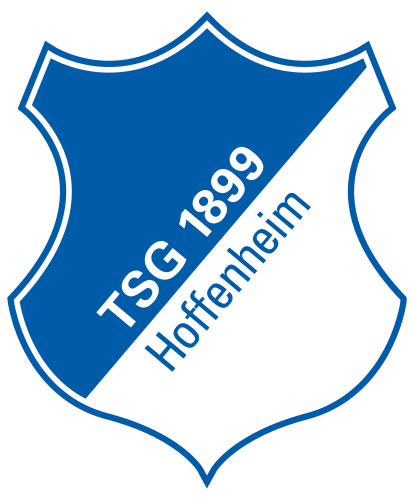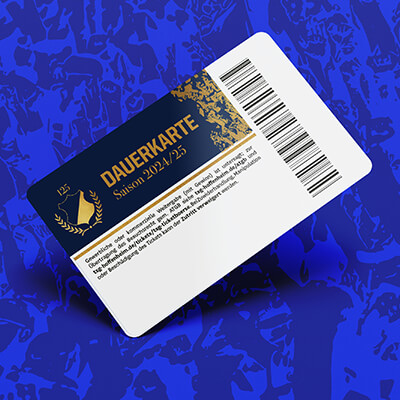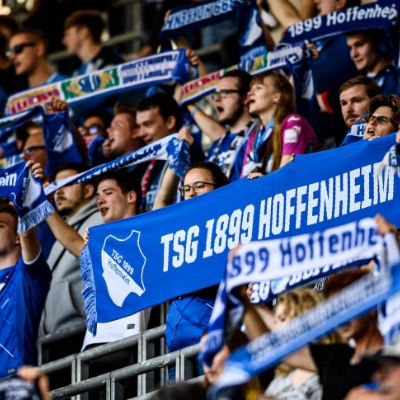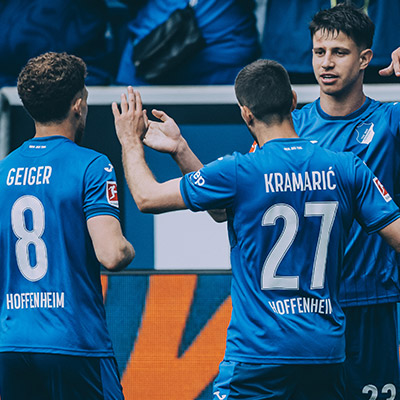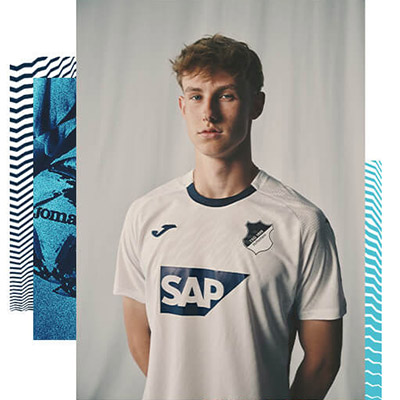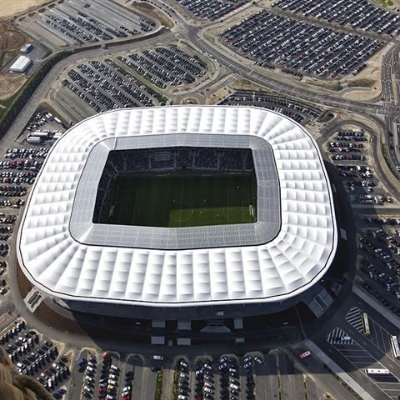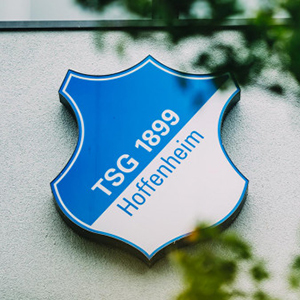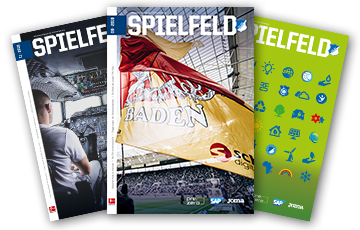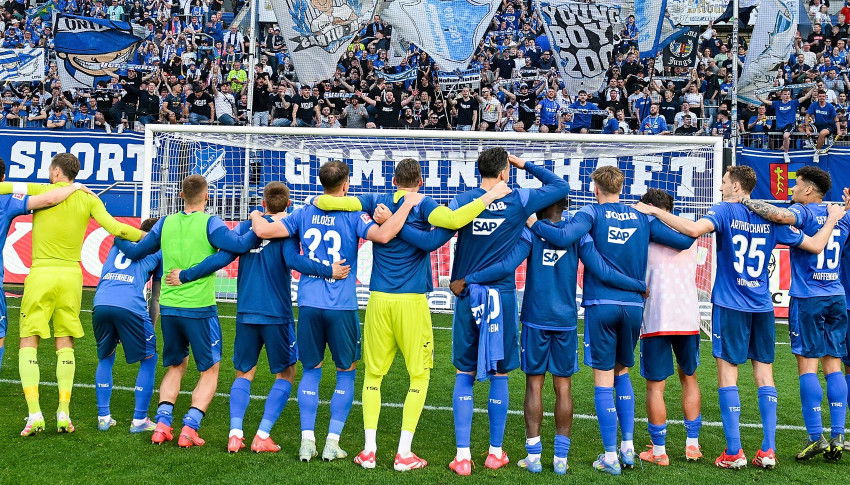Prior preparation prevents problems
Football players who are very vigilant during matches and constantly watch where the ball is are more successful than players who take breaks and let their minds wander. Sports psychologists refer to such an ability to constantly scan the environment for the object of play and at the same time instinctively analyse where free players can be found as exploratory behaviour. Players who are surprised when the ball comes close to them, perhaps because they were distracted, did not show good exploratory behaviour in such situations. The next pass, which they may still be able to play, does not find the player in the best position because they could not prepare themselves optimally for their action. The opponent may get possession of the ball, initiate a counter-attack and score a goal.
In sports psychology, exploratory behaviour is deemed extremely important. Research has shown that with a high frequency of visual exploration, the probability of playing a successful pass increased significantly. Visual exploratory behaviour, also called pre-orientation, is part of the decision-making process, which can be divided into three steps: 1. Visual perception for absorbing and interpreting new information, 2. Visual exploratory behaviour to gather information, and 3. Anticipation of the next situation.
Visual exploratory behaviour can be trained using VR technology. At TSG Hoffenheim, the VR system BE YOUR BEST is used. This is a scientifically tested method for cognitive training for professional football players. The VR goggles make the TSG players a virtual part of an original Champions League scene. The in-game scenarios are random; only the player position from which the scene is to be experienced can be determined. You can choose to play the scenarios in slow motion (easy) or sped up (difficult). Once the scenario begins, you need to find the player with the ball and scan the pitch for options for a suitable pass or shot on goal. If the player is in possession of the ball, he must make a decision within one second and lock it in with the controller. Each scenario is followed by an evaluation. This looks at both the orientation on the pitch and the quality of the decision.
THE TSG RESEARCH LAB PROJECT WITH FRENCH RUGBY PLAYERS
Virtual reality technology can make athletes better, but it can also protect your teammates from danger. In France, the deaths of four rugby players who died on the pitch or after a match in the course of eight months in 2019 sparked discussions about the danger of the sport. Now we are looking at ways to better protect players' health and make the sport safer. Studies carried out over extended periods of time had previously shown that the frequency of injuries has increased in professional players of the sport, which is very tough on the body and is associated with players frequently coming together and hard, full-body tackles. At the same time, the severity of injuries and time spent out on the sidelines has also increased, especially the number of head and face injuries.
A study into the causes of injuries showed that 52 percent of all injuries were caused by tackles that the injured player did not see coming. The injury rate was also 1.5 times higher when the tackles came from the side. The awareness that you are about to be hit triggers cognitive and physical preparation, which acts as a protective function. The muscles can be tensed and the body positioned so that the impact hits with less force.
Visual exploratory behaviour could also be a way to prepare for tackles to minimise injuries. For this purpose, Prof. Jan Mayer and his colleagues developed a comprehensive, scientifically-based questionnaire for rugby players. The survey of 22 rugby players and five coaches started on 21 February 2020 at the Rugby Academy of Atlantique Stade Rochelais in France.
The 12 young players in the Rugby Academy heading for a professional career and the coaches were very positive about the benefits of VR goggles for protecting against injuries. The professional players were more sceptical in this respect. "VR systems for the prevention of injuries and performance improvement tend to have great potential," says Prof. Mayer, "in general, the rugby players and coaches believed the greatest benefit of VR pre-orientation training to be improved performance." He points out that the number of subjects tested was too small to produce scientifically robust results, but the sample was still valuable. "It is a clear indication that the use of VR goggles in the training of rugby players can lead to valuable results."
Prof. Dr. Jan Mayer has been employed as a sports psychologist at TSG Hoffenheim for twelve years. The 48-year-old from Heidelberg has also worked with several national teams, including ski jumpers, target shooters, boxers and DFB (German FA) selection teams. In his books, he turns his insights from top-class sport into strategies that anyone can use.



